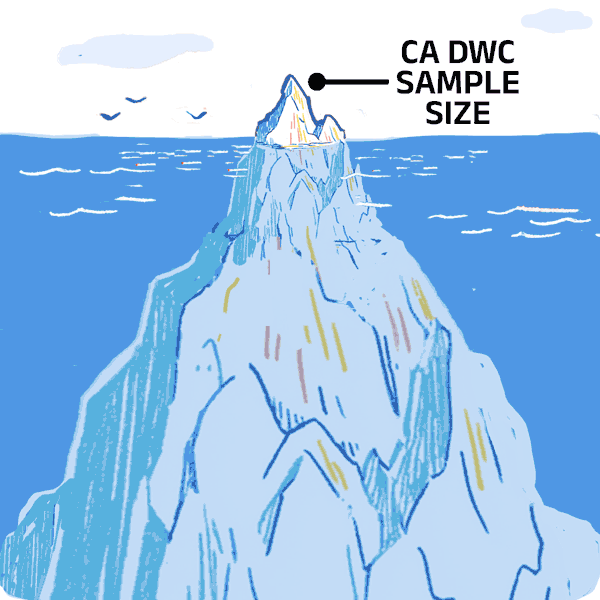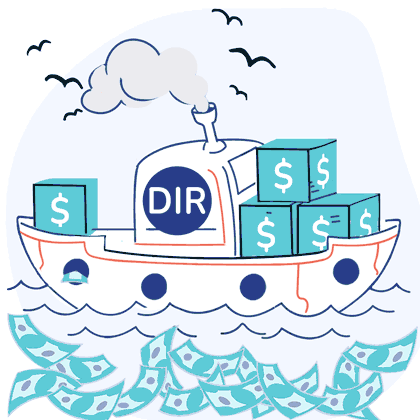Fast-Track UR for Workers’ Comp: New Rules for Entities Conducting UR

We spent the last few weeks bringing readers up to speed on the new “automatic” authorization and “fast-track” utilization review (UR) process for workers’ comp. While we’ve explored in detail the new requirements for providers, there are also newly mandated standards for the entities that conduct UR. These entities ultimately determine whether the employer or insurer’s claims administrator authorizes a given treatment.
This year’s authorization overhaul includes new rules both to encourage consistency in UR decisions and to discourage financially incentivized bias. Today, we explore those rules and their potential impact on the treatment of injured workers.
The new authorization rules became effective January 1, 2018. DaisyBill will host a free, comprehensive webinar on automatic authorization and fast-track UR on February 6.
Providers, injured workers, employers and insurers all benefit from credible entities conducting unbiased utilization review. In 2016, Senate Bill 1160 included reforms aimed at accomplishing exactly that. Effective January 1, 2018, Section 4.5 of the bill repealed and replaced Section 4610 of California’s Labor Code with a new version that outlines new requirements for those entities.
No Financial Incentives for UR Decisions
The new Labor Code § 4610 established rules designed to take financial incentives out of the UR decision equation. First, the code specifically forbids financially rewarding physician reviewers for modifying or denying treatment. LAB § 4610(g)(3)(B)(i) states:
The employer, or any entity conducting utilization review on behalf of the employer, shall neither offer nor provide any financial incentive or consideration to a physician based on the number of modifications or denials made by the physician under this section.
Since the purpose of UR is to determine the necessity and appropriateness of the requested treatment, arrangements designed to induce certain decisions have no place in workers’ comp.
Second, the new § 4610 requires insurers and TPA’s to disclose any financial interest they have in the entities to which they refer UR services. Insurers and TPA’s can only refer UR services to entities in which they have a financial interest if they provide full written disclosure to both the employer and the Administrative Director of the Division of Workers’ Compensation (DWC). Bottom line: if the entity conducting UR is paid by the insurer or TPA, the employer and the state need to know about it.
Requirements, and Accreditation for UR Entities
The new § 4610 clarifies that a UR decision to deny or modify treatment remains in effect for 12 months from the the date of decision when requested “by the same physician, or another physician within the requesting physician’s practice group.” The reference to the “requesting physician’s practice group” is a new twist to the rules regarding UR.
All UR entities must continue to govern their processes with written policies and procedures, aligned with the Medical Treatment Utilization Schedule (MTUS), including the new drug formulary. By July 1, 2018, all UR processes must be accredited by an independent nonprofit organization. To gain accreditation, the UR process must meet certain criteria, including:
- Timeliness in issuing UR decisions
- Appeals procedures
- Prevention of financial incentives based on UR decisions
The Administrative Director will ultimately adopt rules for the selection of accrediting organizations. Until then, the Washington, D.C.-based URAC is the accrediting organization.
The new 4610 also instructs the administrative director to adopt mandatory rules requiring claims administrators to electronically report the documents related to every utilization review performed.
We’ll keep readers up to date on any further developments to authorization and utilization review. For updates, subscribe to this blog, and sign up for our webinar below.
Download Automatic Authorization Webinar
DaisyBill provides content as an insightful service to its readers and clients. It does not offer legal advice and cannot guarantee the accuracy or suitability of its content for a particular purpose.




.gif)